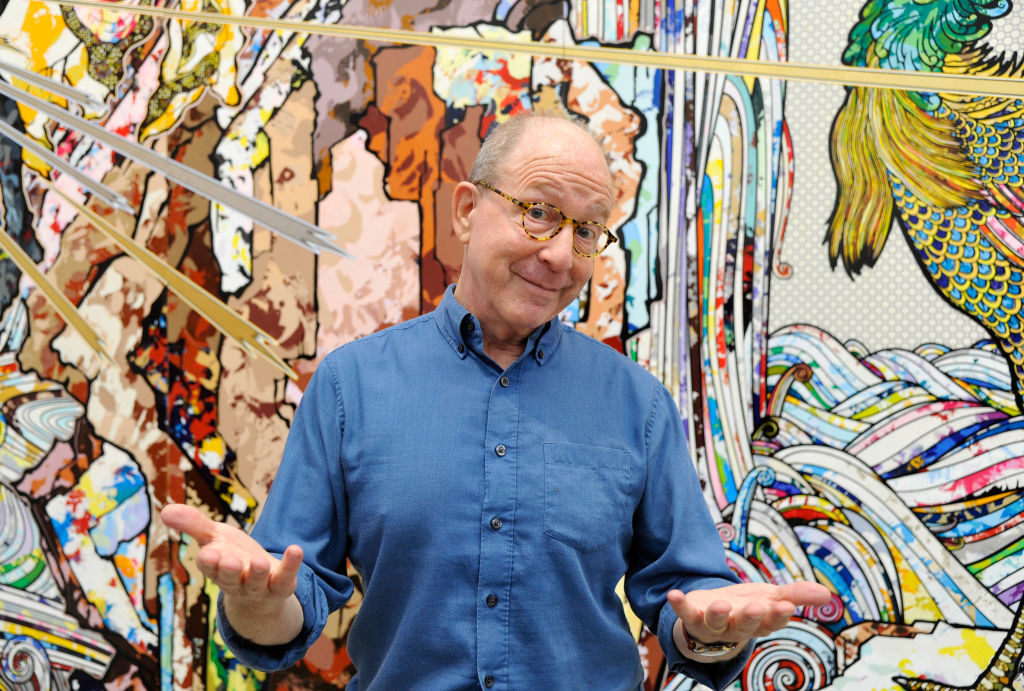
The Pulitzer Prize-winning art critic Jerry Saltz inadvertently ignited a social media firestorm last week when he shared news of a job offer he turned down from Substack, the startup newsletter platform that allows writers to make money directly from their audiences.
The New York magazine writer said on Twitter that he wasn’t interested in the subscription-centric business model, and would have taken the job—which came with a $250,000 salary—”just for the money.”
Substack offers certain authors one- or two-year contracts in exchange for 85 to 90 percent of their subscription revenue during that period, compared to its usual model of taking 10 percent of subscriptions.
The sum offered Saltz is more than double what the critic, who claimed he was “three paychecks away oblivion,” currently makes at New York.
“I think it’s fishy to always be barking to your readers to subscribe,” Saltz wrote. “I want to reach strangers; be loved and hated by strangers; talk about art to anyone anywhere any how.”
The declaration inspired a long response from Substack author Seth Abramson, who examined Saltz’s decision through the broader lens of the 21st-century media landscape. Abramson argues that platforms like Substack actually free writers from the demands of corporate employers, who are ultimately driven by the financial bottom line.
He contested Saltz’s argument that “it’s easier to reach readers on topics you care about as a ‘senior art critic’ at a glossy magazine than being completely unrestrained as to what you write about and when,” calling it as futile attempt at “keeping the corporate media structure in place.”
“America’s corporate media structure is living on borrowed time—and the creator economy can’t possibly be forestalled by Jerry Saltz,” Abramson wrote.
Saltz, who did not respond to inquiries from Artnet News, shared Abramson’s piece on Twitter. He did not comment on the larger implications for 21st-century media, but noted that part of why the Substack deal didn’t appeal to him was that it lacked the editorial structure he has at New York.
“As a writer I bang out all these way way too-long pieces—when the word count is supposed to be short, like 1,200 words. My writer mind thinks ‘Ah yes; I am a God. Bulletproof. My Editor will love this,’” Saltz wrote. “Then Editor cuts 2,500 words.”
There was also pushback to Saltz’s original post from commenters who criticized the author for labeling himself as poor.
“Amazing what ppl consider underpaid—wish ppl had some clue how underpaid the rest of us are,” the novelist Porochista Khakpour wrote on Twitter.
Saltz followed up with a lengthy apology.
“At a time when so many more people are struggling financially, what I wrote was idiotic and bloodless,” he said.